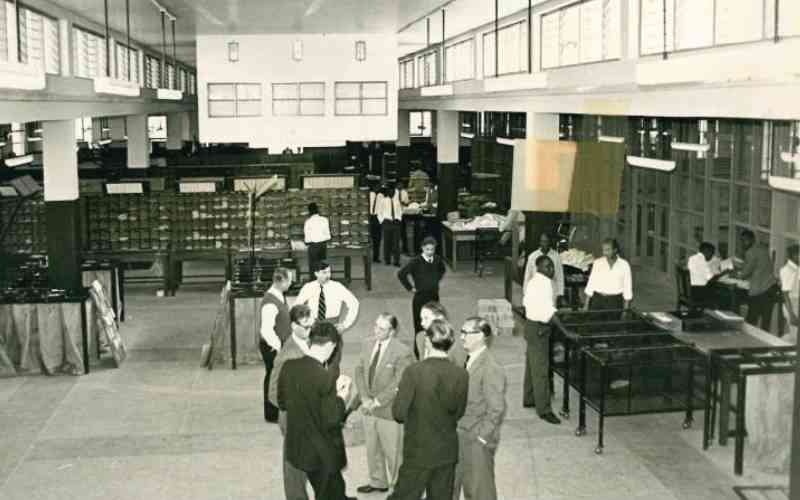×
The Standard e-Paper
Home To Bold Columnists

When most state corporations were monopolies, Kenyans in various parts of the country had to beg these entities to serve them.
Telephone poles marked the path to a man of substance in rural areas.